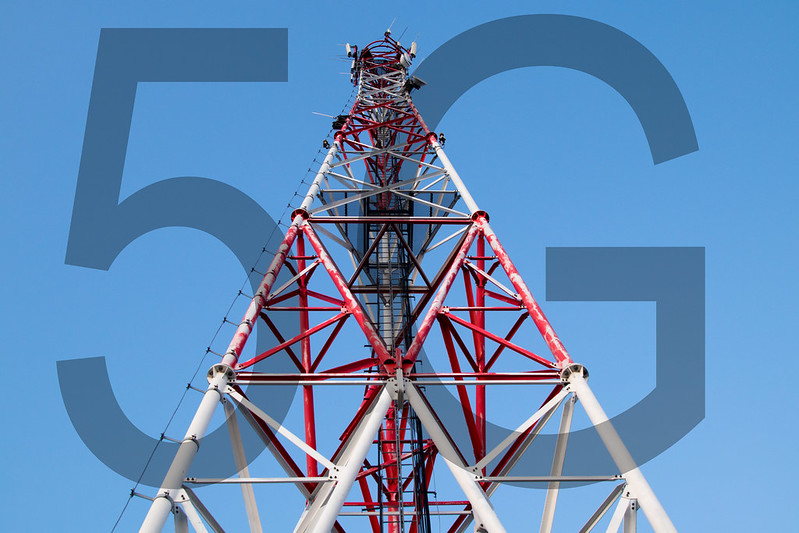5th generation networks have been growing strongly for about a year and a half. Now, mobile analytics company Opensignal has released a report that describes how 5G has changed mobile data speeds and increased them almost worldwide.
Mobile data speeds have started to increase around the world as more people have access to 5G networks, which offer faster speeds and lower latency. According to the above report, South Korea, Norway, the Netherlands, Canada and Sweden benefited the mostcarjump. In the first-named country, before the launch of the new generation networks (in the 1st quarter of 2019 to be precise), the average mobile data download speed was 52,4 MB/s, thanks to 5G it is now 129,7 MB/s. In Norway, the average download speed increased from 48,2 MB/s to 78,1 MB/s, in the Netherlands from 42,4 MB/s to 76,5 MB/s, in Canada from 42,5 to 64,1 MB /sa in Švýcarsku from 35,2 MB/s to 62 MB/s.
For comparison – in the Czech Republic before the introduction of 5G, the average download speed was 31,5 MB/s, now it is 42,7 MB/s, and according to the Opensignal table, we are in a very respectable 17th place (out of 100). Afghanistan finished last with 2 MB/s before and now 2,8 MB/s. It is not without interest that such a technological powerhouse as the USA ended up worse than us in this respect - it belongs to the 30th place with the former 21,3 MB/s and the current 37 MB/s.

Of course, the numbers mentioned above do not mean that 5G technology is already finalized or that the connection is the same everywhere. In fact, it is still in its infancy and will improve over time, just like 4G networks did before. Currently, almost all 5G services use early versions of the 5G standard, which is called Release 15. Every few years, the 3GPP (the main standards body in the field) coordinates the creation of new technologies that mobile operators can use to improve their customers' connection experience.
You could be interested in







5G is only marketing and fooling people.. at home I have 5G two lines on iPhone 13 pro max and my download speed is 2-4 MB, yes, read that correctly.. maybe 3g had such a speed a long time ago.. the problem is that they only rename the original old transmitters and give it the name 5G, a complete disappointment for me.. I have Vodafone and according to marketing it has the best coverage at the moment.. it's still just advertising lies.. and I got unlimited download speed..
You specify units of MB, but the graph shows Mb. The average speed you stated in CR before the introduction of 5G would be a nice (31.5*8) 252 Mb